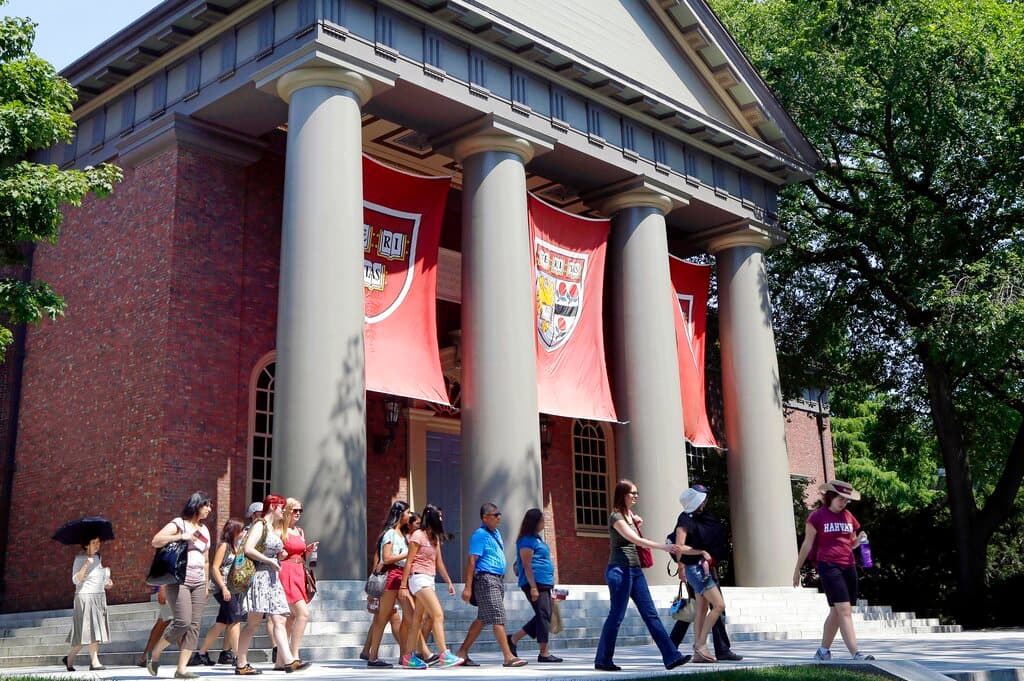Could an Anti-Asian Joke in Harvard Case Prove Affirmative Action’s — and a Federal Judge’s — Undoing?
The jurist hearing the case at trial kept secret an ‘inappropriate, anti-Asian, stereotypical, poor attempt at a joke’ about a fake Filipino that an official at the Office for Civil Rights sent Harvard’s dean of admissions.

If the Supreme Court finds that Harvard’s consideration of race in its admissions policy is an offense to the Constitution, to which court will the justices be able to turn to give its ruling effect? That question has come into focus as it appears as if remand could require recusal on the part of Judge Allison Burroughs, in whose courtroom the case was first heard.
Please check your email.
A verification code has been sent to
Didn't get a code? Click to resend.
To continue reading, please select:
Enter your email to read for FREE
Get 1 FREE article
Join the Sun for a PENNY A DAY
$0.01/day for 60 days
Cancel anytime
100% ad free experience
Unlimited article and commenting access
Full annual dues ($120) billed after 60 days

